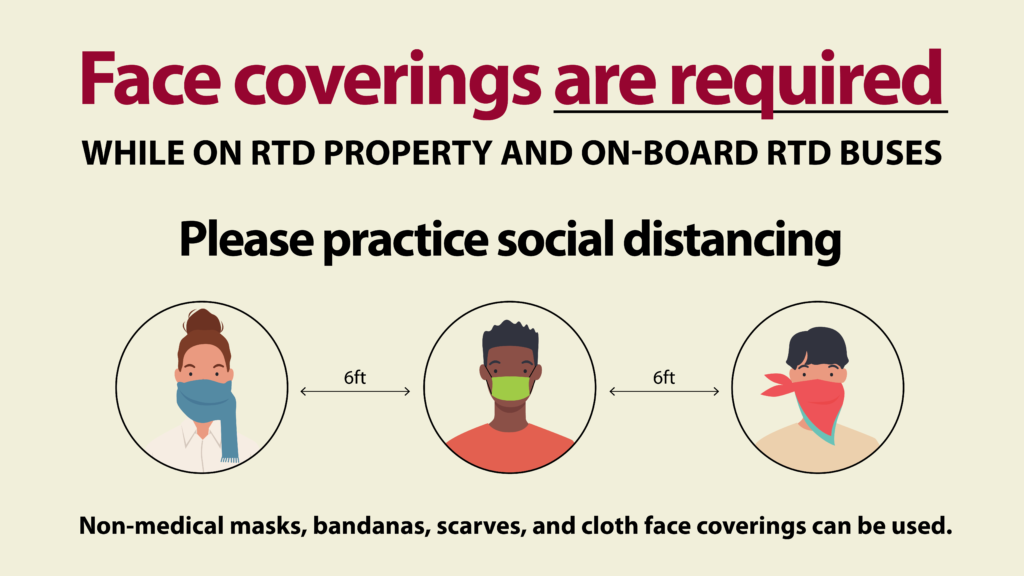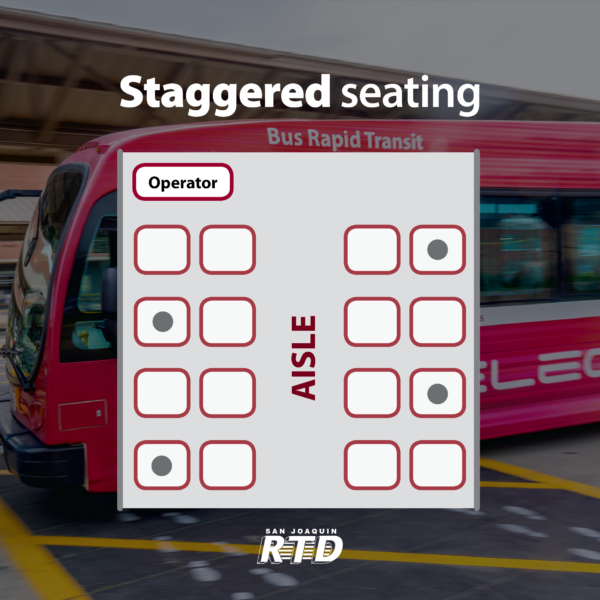The American Public Transportation Association (APTA) released a new report that shows there is no direct correlation between using public transportation and the transmission of COVID-19. The study, which analyzed public transit use in multiple U.S. and international cities this summer, also found that there will be long-term negative health consequences if large numbers of people switch from public transit to private cars.
This report is based on a comprehensive review of United States and global research regarding COVID-19 transmission and public transit, interviews with public health experts, and new analysis of various data sources. This report details the following findings:
- No direct correlation has been found between use of urban public transit and transmission of COVID-19.
- There will be long-term health consequences if people in large numbers switch from public transit to private cars.
- An analysis of public transit ridership in multiple cities over the past three months shows no correlation with the rise or fall of local COVID-19 cases.
- Mask wearing has been shown to be effective at reducing person-to-person transmission.
- There are several possible explanations for the lack of correlation between the increase in public transit ridership and increasing COVID-19 cases.
- It appears that what you do at the end of a trip affects the probability of contracting the virus far more than the mode of travel.
Cleanliness and Sanitization Practices
As a proactive response to the spread of COVID-19, RTD added to its already robust cleanliness and sanitization practices. RTD’s current vehicle and facility cleanliness and sanitization practices are above general industry standards as follows:
- Nightly cleaning of every bus with an antibacterial and antimicrobial disinfectant solution.
- Use of maximum strength antibacterial and antimicrobial disinfectant cleaning solutions at all RTD transit hubs.
As additional precautions, RTD now uses a sanitizing fog solution on vehicles as a part of its scheduled preventative maintenance program and increase its disinfecting practices to include all fare vending machines.
Customer Service
The Downtown Transit Center’s customer service window is opened from 8:00 a.m. to 5:00 p.m., Monday to Friday. The Greyhound ticket window is closed until further notice.
For assistance, please call (209) 943-1111, option 1.
Essential Travel
Due to the order issued by the San Joaquin County Public Health Officer and Director of Emergency Services, dated April 14, 2020:
People must use public transit only to perform essential activities.
What Are Essential Travel Activities?
- Any travel related to the provision of or access to Essential Activities or Essential Government Functions
- Travel to care for the elderly, minors, dependents, persons with disabilities, or other vulnerable persons
- Travel to or from educational institutions for purposes of receiving material for distance learning, for receiving meals, and any other related services
- Travel to return to a place of residence from outside the jurisdiction
- Travel required by law enforcement or court order
- Travel required for non-residents to return to their place of residence outside the County. Individuals are strongly encouraged to verify that their transportation out of the County remains available and functional prior to commencing such travel.
Lodi Testing Site is Accessible using Hopper Route 723 and Van Go!
- Appointment is required
- Call (888) 634-1123
- Visit lhi.care/covidtesting
- For more information, visit sjready.org
- Click here to view the PDF on available bus services
Face Covering Requirement
For the safety and health of RTD staff and the general public, the use of face coverings on all RTD vehicles and at all RTD facilities is required.
Click here to learn more about how to securely wear cloth face coverings.

Free Rides to Vaccination Clinics
In partnership with SJReady, San Joaquin County’s Office of Emergency Services, RTD will provide free rides beginning Tuesday, March 16, to passengers on all fixed-route buses traveling to SJReady COVID-19 vaccine sites.
To ride free, check your eligibility and book your COVID-19 vaccine appointment on the California Department of Public’s My Turn website or on SJReady, then show your appointment confirmation via a print-out or on your phone to the operator when boarding.
Fare Collection
As of Sunday, August 30, 2020, fare collection is now in effect for all passengers.
Modified Services
⚠ Effective Sunday, August 16, 2020, RTD will implement new modified service changes. Click here to see the service matrix
RTD Van Go!
Effective Sunday, August 16, 2020, RTD Van Go! serviceredesign will operate between 8:00 a.m. and 5:00 p.m., 7 days a week. To learn more on what is new, please visit sjRTD.com/vango.
Route 163
Commuter Route 163 will operate two morning and two afternoon trips, Monday – Friday until further notice. Click here to view Commuter Route 163 current schedule.
Routes 340, 360, 380, and 390
In response to the San Joaquin County Office of Education’s recent announcement of temporary school closure for all schools within the County, RTD suspenses the service of its 340, 360, 380, and 390 routes that serve the student population of the County. This service revision began with school closures on Monday, March 16. Click here to see all available routes.
Direct Connection
Direct Connection Service is suspended until further notice, effective Monday, March 23, 2020. Click here to see all available routes.
On-Site Temperature Screening
RTD has implemented on-site temperature screenings for its employees using non-contact infrared thermometers.
Staggered Seating
Once on board, customers are asked to maintain a distance between themselves and the operator and other patrons and stagger seating as much as possible to maintain the recommended 6-feet of social distance. Click here to view signage posted on all BRT Express, Local, Hopper, and Commuter buses.



Social Distancing Requirements
RTD is implementing mandatory social distancing required in response to Local, State, and/or Federal Public Health Orders
Click here to view the social distancing requirement guidance posted at all entrances at DTC, HTS, UTS, and RTC.